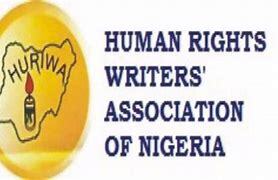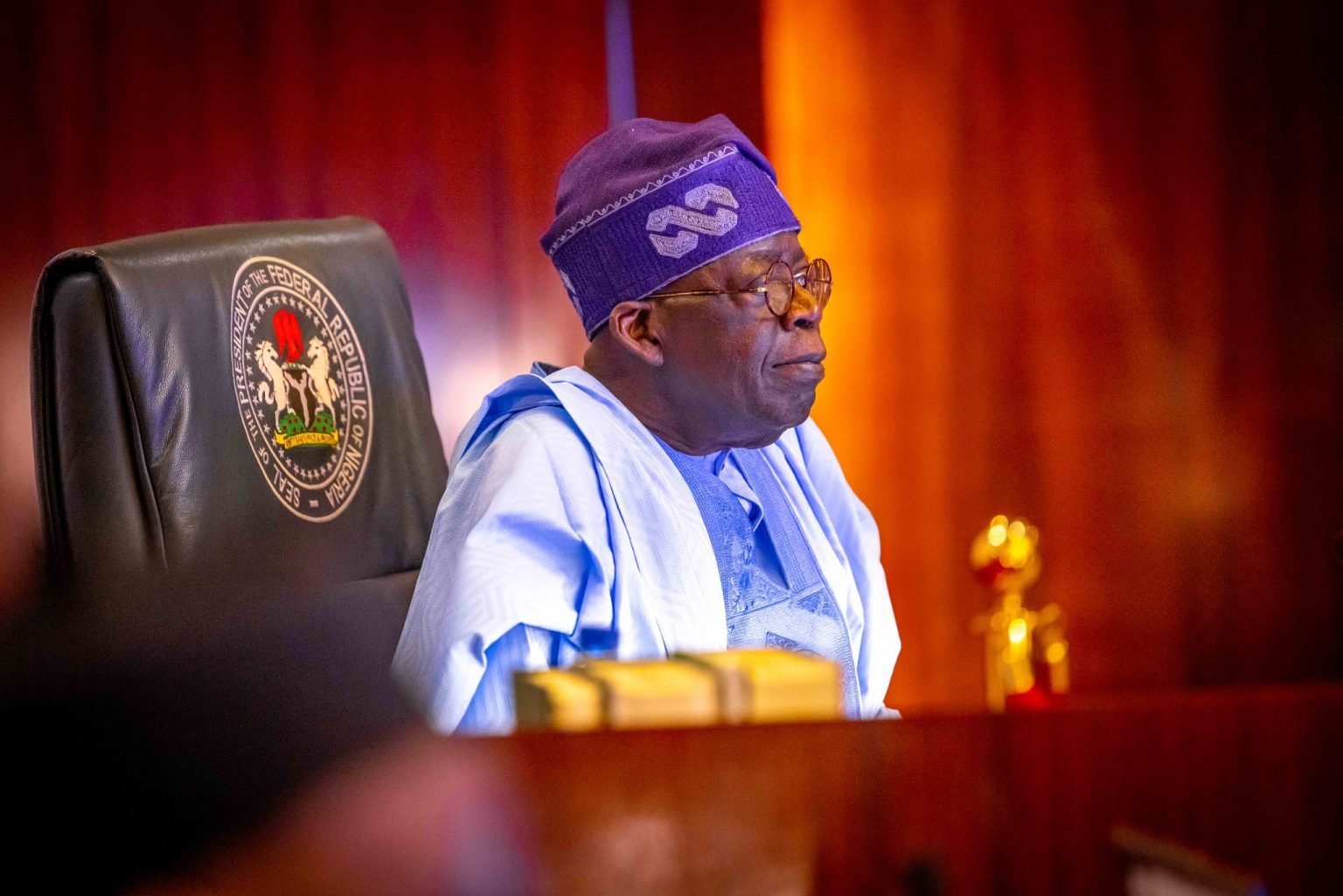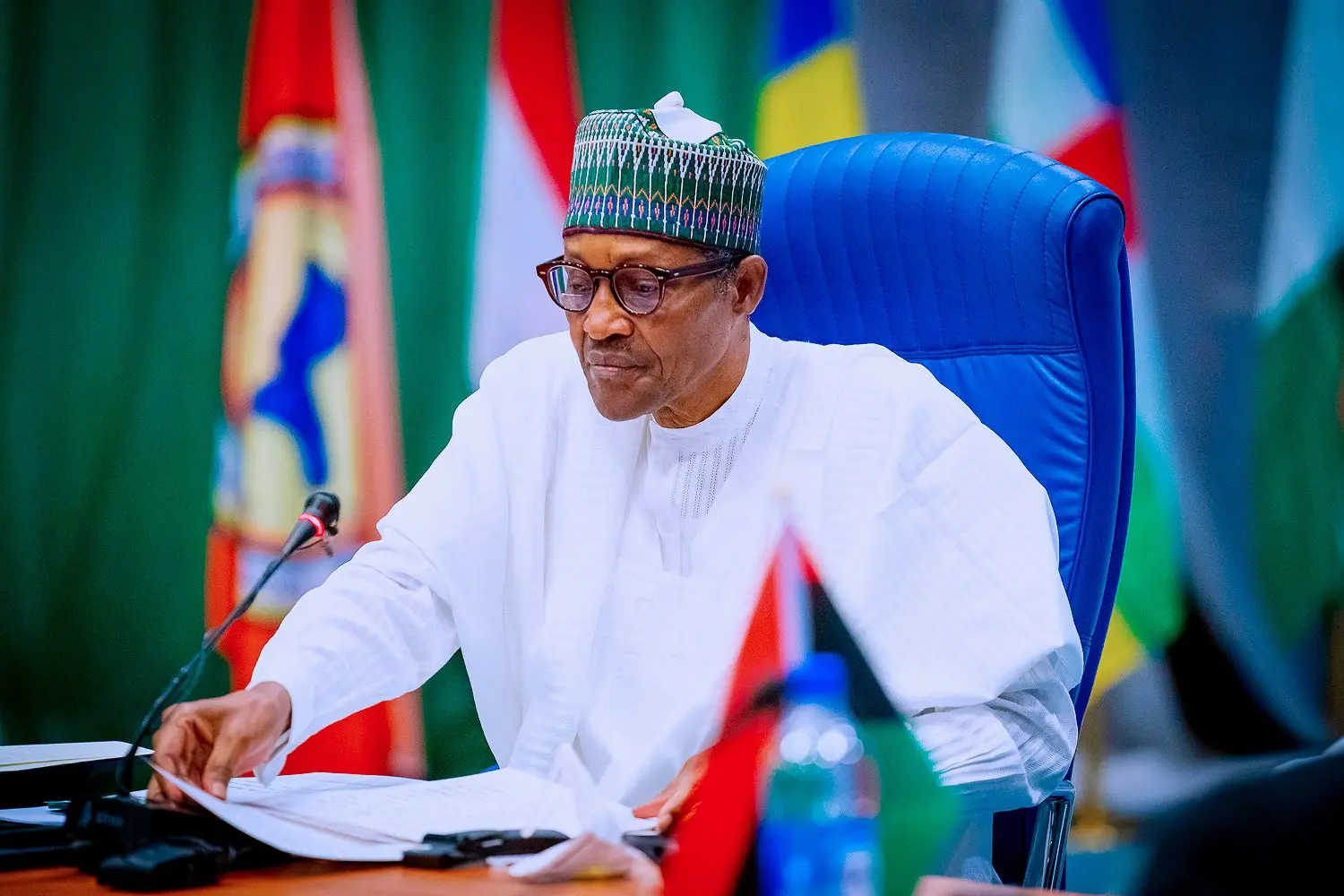Abuja, July 23, 2024 – The Human Rights Writers Association of Nigeria (HURIWA) says recent economic policies of President Bola Tinubu have undermined Nigeria’s sovereignty.
HURIWA made the observation in a press statement on Monday.
It said Tinubu’s dramatic policy shift was in sharp contrast with his previous stance against similar policies under former President Goodluck Jonathan.
HURIWA recalled that before ascending to the Presidency, Tinubu was a vocal critic of the International Monetary Fund (IMF) and World Bank’s economic prescriptions.
According to the group, during Jonathan’s administration, Tinubu, and other prominent figures, including then-opposition leader Muhammadu Buhari, fiercely opposed the IMF and World Bank’s recommendations such as the removal of subsidies and the devaluation of the Naira, arguing that these policies would harm Nigeria’s economic stability and undermine the nation’s sovereignty.
“However, since taking office, Tinubu has adopted and intensified these very policies, leading to accusations of hypocrisy from various quarters.
“Critics have criticized Tinubu for this reversal, labeling it a betrayal of his earlier principles. According to them, Tinubu’s current endorsement of the IMF and World Bank measures, which he previously opposed, represents a significant departure from his earlier stance and effectively compromises Nigeria’s economic independence.”
HURIWA echoed these concerns, arguing that the devaluation of the naira and the implementation of foreign-influenced economic policies have weakened Nigeria’s financial sovereignty.
It said by aligning Nigeria’s economic strategy with foreign interests, the current administration was ceding control over the country’s financial system to external forces, stressing that this shift not only diminished the nation’s economic autonomy, but also placed Nigeria at the mercy of international economic pressures.
HURIWA also linked these measures to broader security concerns.
It contended that inadequate border security has allowed armed non-state actors and criminals to infiltrate the country, further threatening Nigeria’s sovereignty.
This situation, HURIWA argued, is a consequence of prioritising foreign economic directives over national stability and security.
It urged the government to secure Nigeria’s borders by reinforcing measures to prevent the infiltration of terrorists, arms smugglers, and other illicit actors.
Drawing comparisons with other nations, HURIWA highlighted how countries like the United States, Canada, Australia, and the United Kingdom have successfully defended their economic and territorial sovereignty.
“These countries have implemented policies that prioritise national interests, maintaining strong control over their economic systems and borders.
“For instance, the United States has resisted external pressures to devalue the Dollar, ensuring a stable currency that supports its economic strength. Similarly, Australia and Canada have fortified their borders against illegal entries, safeguarding their territorial integrity,” it said.
HURIWA advised Nigeria’s leaders to adopt similar strategies to protect both economic stability and national security.
The association suggested that by resisting foreign-imposed economic measures and focusing on strengthening border protection, Nigeria can safeguard its sovereignty and ensure a more secure and prosperous future.
“HURIWA’s criticism of President Tinubu’s policy reversal underscores the broader implications of adopting IMF and World Bank directives.
It called on the government to stabilise the naira, stressing that protection of the national currency is crucial for the country’s economic sovereignty and stability.
“Our call for adherence to the CBN Act and the enhancement of border security highlights the interconnectedness of economic policies and national sovereignty.
“As Nigeria faces ongoing economic and security challenges, our recommendations offer a pragmatic approach to achieving stability and defending the nation’s interests against external influences,” the association said. (GBN)





